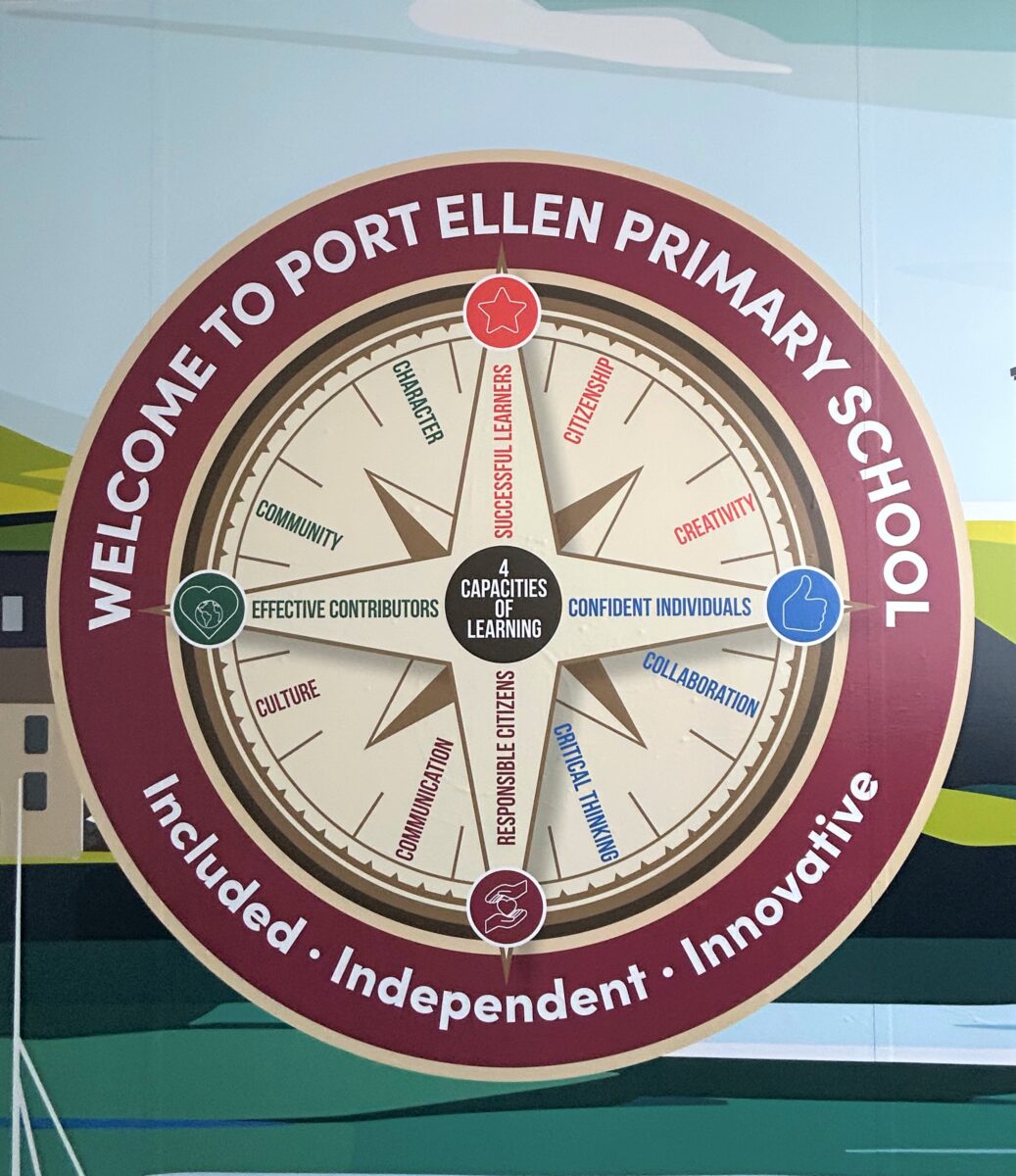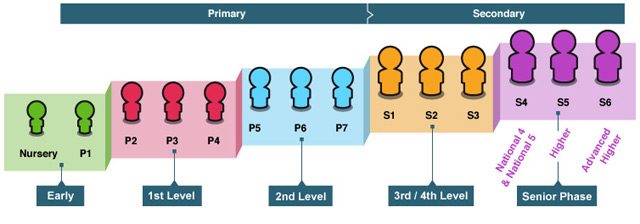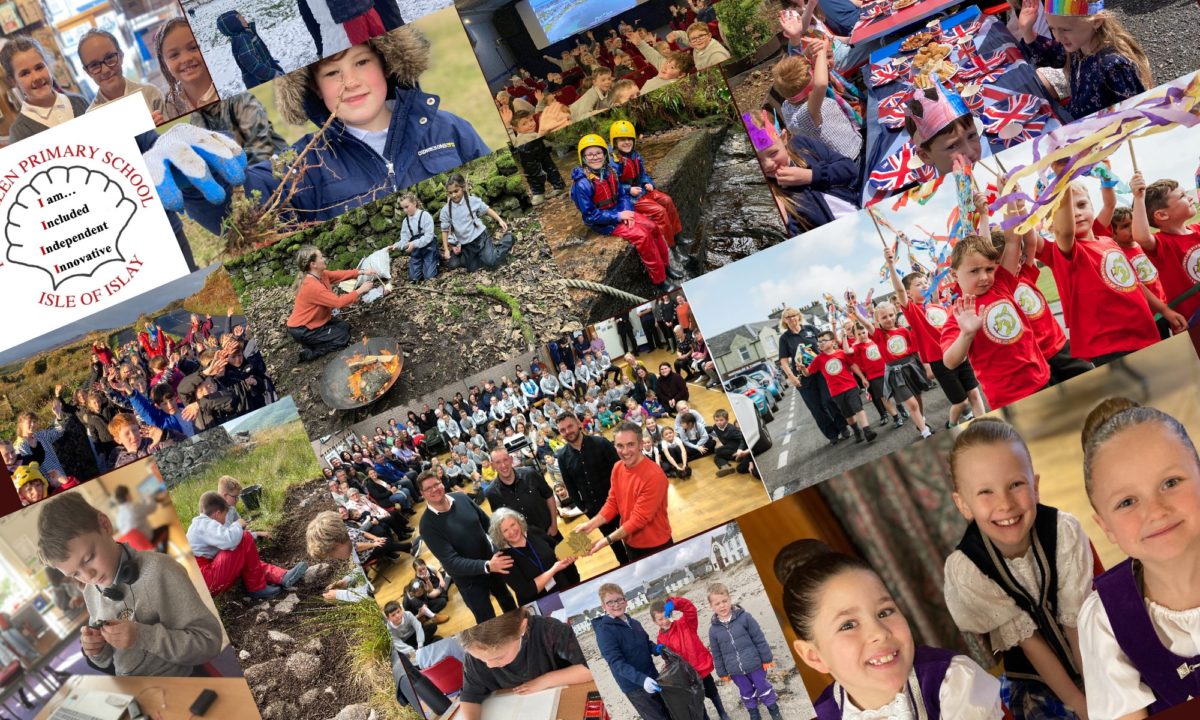
Our Curriculum Map
Curriculum for Excellence at Port Ellen Primary
AIM
Curriculum for Excellence is intended to help children and young people gain the knowledge, skills and attributes needed for life in the 21st century, including skills for learning, life and work.
The term curriculum is understood to mean – everything that is planned for children and young people throughout their education, not just what happens in the classroom.
PURPOSE
Its purpose is often summed up as helping children and young people to become:
- Successful learners
- Confident individuals
- Responsible citizens
- Effective contributors.
Curriculum for Excellence includes four contexts for learning:
-
Curriculum areas and subjects
-
Interdisciplinary learning
-
Ethos and life of the school
-
Opportunities for personal achievement.
INTERDISCIPLINARY LEARNING
Interdisciplinary Learning (IDL) is an important part of our curriculum at Port Ellen Primary. It allows children to make meaningful connections between different subjects by exploring real-life topics, themes, or projects. Through IDL, pupils apply their knowledge and skills in creative and practical ways — whether designing inventions in STEM, raising money through enterprise, or investigating local history on Islay. This approach helps children see the relevance of their learning, develop critical thinking, teamwork and problem-solving skills, and gain a deeper understanding of the world around them.
Our IDL projects are carefully planned around the Curriculum for Excellence organisers and local context. Staff work collaboratively across stages and with our cluster schools to ensure breadth, depth and progression in learning. Children’s interests, pupil voice, and real-world issues often shape our themes, making learning purposeful and engaging. We regularly assess IDL through observation, self and peer assessment, and moderation to ensure that skills are being transferred and applied across different areas of the curriculum.
Distilling was an IDL we did across both schools in 2022.
CURRICULUM AREAS
There are eight curriculum areas:
- Expressive arts
- Health and wellbeing
- Languages (including English, Gaidhlig, Gaelic learners and modern languages)
- Mathematics
- Religious and moral education
- Sciences
- Social studies
- Technologies.
Literacy, numeracy and health and wellbeing are recognised as being particularly important – these areas are seen as being the ‘responsibility of all’ staff.
LEVELS
Broadly speaking the diagram below explains children’s progression through the curriculum.

This is a simplified guide as children will move through the levels (and different subjects) at their own pace.
EMERGENT LITERACY
IMPORTANCE OF READING
STEM IN THE PRIMARY CURRICULUM SLF 2018


